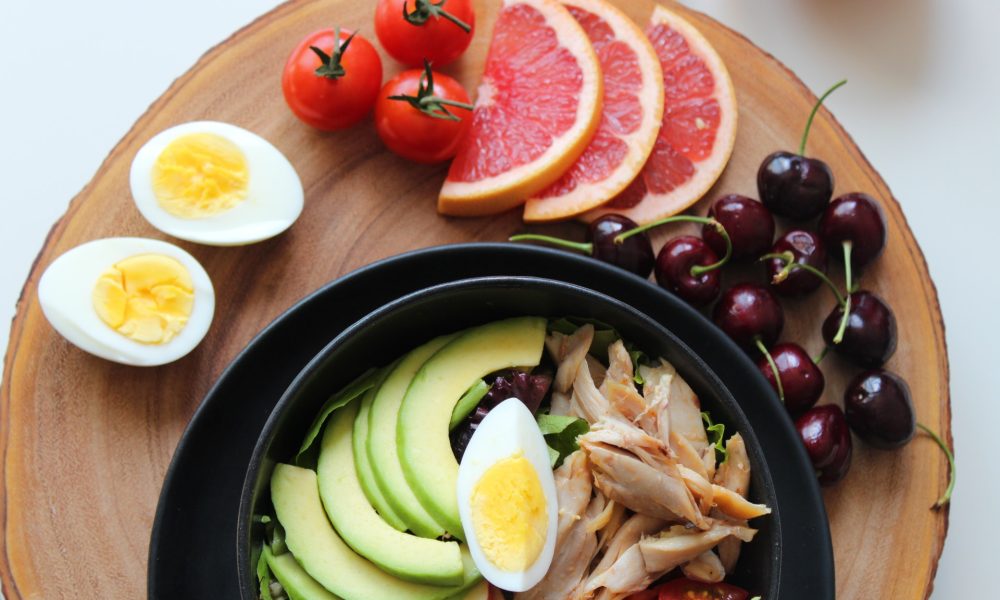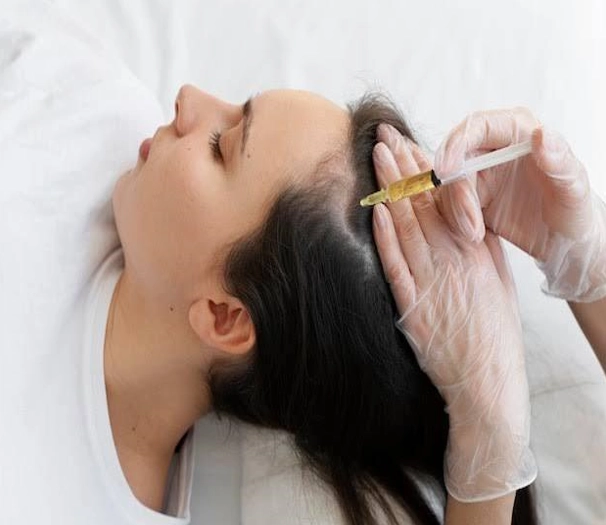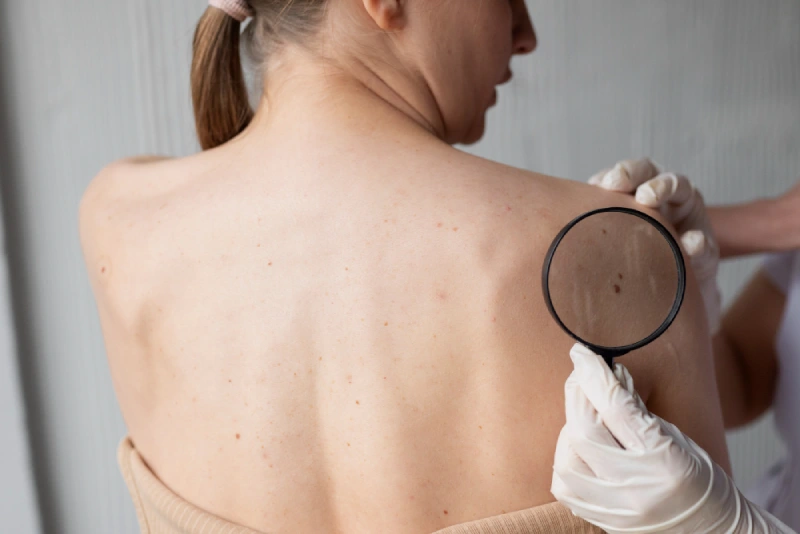The most important thing you can do for your skin is to consume a diet rich in macro- and micronutrients. Both internal organ function and skin health may be enhanced with a healthy diet and regular exercise. Our eating habits and diet have a significant impact on our health. In actuality, paying close attention to what we consume may help us manage a range of conditions, including hypertension and heart disease. Similarly, the same rules apply to our skin. If we want our skin to seem radiant, healthy, and completely natural, we must eat the correct meals every day Include these foods in your diet for healthy skin and sun protection.
Consistency in the diet is recommended because of its high protein and omega-3 fatty acid content, both of which support healthy skin. Due to its high protein content, it encourages collagen synthesis, which aids in the reduction of wrinkles, protection from the sun’s harmful rays, and overall skin elasticity. Omega-3 fatty acids are essential to the skin’s ability to thicken, soften, and stretch. A deficiency in it may cause skin dryness. Consume and grill in-season fish twice or thrice weekly to maintain healthy skin.

In addition to their favorable effects on reducing the risk of developing cardiovascular disease and maintaining appropriate cholesterol levels, tomatoes are one of the most essential vegetables for keeping good skin. Particularly, tomato beta carotene shields the skin from the sun’s rays and prevents the formation of wrinkles. Whether you’re hungry in the morning, at lunch, or in the evening, a bowl of tomato salad is a great accompaniment to any meal or may stand alone as a snack.
Due to their high protein and biotin content, eggs are an excellent source of nutrients for those seeking good skin. Biotin, abundant in eggs, is necessary for avoiding hair loss, fortifying nails, and preserving healthy skin. You may consume one entire egg daily if you have no known health conditions.
Avocado is a fruit that has recently gained popularity due to the high quality and amount of oil it contains. Avocado, which is rich in vitamins A, C, and E in addition to antioxidants, is crucial for keeping good skin and making it seem beautiful and shiny. In addition, the avocado serves as a barrier, deflecting the sun’s rays before they may do damage. Due to their high-fat content, avocados should be limited to half a medium avocado each day.

Sunflower seeds, which are rich in vitamin E and play a significant role in skin health, protect against oxidative damage caused by sun exposure and assist in maintaining the young appearance of the skin. Remember to consume sunflower seeds with just one clean hand at a time.
The omega-3 and omega-6 fatty acids in walnuts boost skin health by preserving skin elasticity. Diabetics may also benefit from walnuts’ memory-enhancing, blood sugar-regulating, and heart-protecting properties. According to certain studies, walnuts may also improve cognitive function. Walnuts are a flexible item that may be used in breakfast, midday snacks, and dinner salads. Two or three whole walnuts per day may be advantageous to your health.
Due to its high lutein content, broccoli is a potent antioxidant that complements the skin-nourishing zinc, vitamin A, and vitamin C it contains. Zinc and vitamins A and C are necessary for healthy skin. Broccoli is a healthy addition to olive oil-based dishes and salads. There is no incorrect choice; both options are great.
Kefir is renowned for its immune-enhancing and digestion-regulating abilities, but it also contains antioxidants that prevent free radical damage to the skin. This suggests that it delays the aging of cells. One glass of kefir per day is a daily serving.
Fruits and vegetables are key components of a healthy diet and may help you look younger. Fruits and vegetables are the finest providers of skin-beneficial water, vitamins, minerals, and antioxidants. Keep in mind that eating a variety of fruits and vegetables allows you to get a wide range of vitamins, minerals, and antioxidants.
Consuming water is the first and most essential step in maintaining healthy biological functions. Water has several purposes, including washing the skin of impurities and flushing the body of harmful toxins. Although factors such as physical activity and climate change might impact water consumption, the average daily intake is considered to be between two and two and a half liters.

Since the body does not need sugar, it is recommended to consume less of it and fewer sweet foods. When there is an excess of sugar in the body, the breakdown of elastin and collagen, which are responsible for the elasticity of the skin, increases the number of wrinkles on the skin.
Zinc is a crucial component for skin health, particularly the healing of wounds. Zinc may be found in red meat, nuts, and cereals in their entire form. Consume bulgur, whole wheat bread, and oilseeds in the intervals between meals. Antioxidant properties may be found in manganese. Tea is manufactured from bean varietals. Consuming red meat could make manganese absorption more difficult.
Copper, like many other minerals, possesses characteristics that make it an antioxidant. Eggs, beans, sesame seeds, peanuts, chocolate, and peanut butter all have significant quantities of copper. Shellfish, onions, garlic, and red peppers all have selenium in them, although the amount varies depending on dietary habits and environmental factors throughout development. Vitamin A derivatives promote healthy skin and reduce the appearance of acne. Consuming food is the most effective way to get it, even though it’s also available in pill form.
Carrots, grapefruit, and apricots are examples of foods that contain beta-carotene. Lutein may be found in greens like spinach and purslane, as well as lettuce and turnips. Lycopene may be found in foods such as tomatoes, watermelons, and pink grapefruit. Cherries, dried fruits, and figs have a high concentration of niacin, which helps enhance the tone and texture of the skin. Quercetin, which is found in onions and fruits, may help improve the tone and texture of the skin. Skin health may be improved by consuming grapes, particularly red grapes, blueberries, and mulberries, especially black mulberries, cranberries, raspberries, strawberries, polyphenols, and resveratrol. Antioxidants found in both green and black tea are beneficial to the skin. Antioxidant catechins may be found in green tea. Kiwis, oranges, green peppers, and parsley are all good for your skin since they are high in vitamin C.




